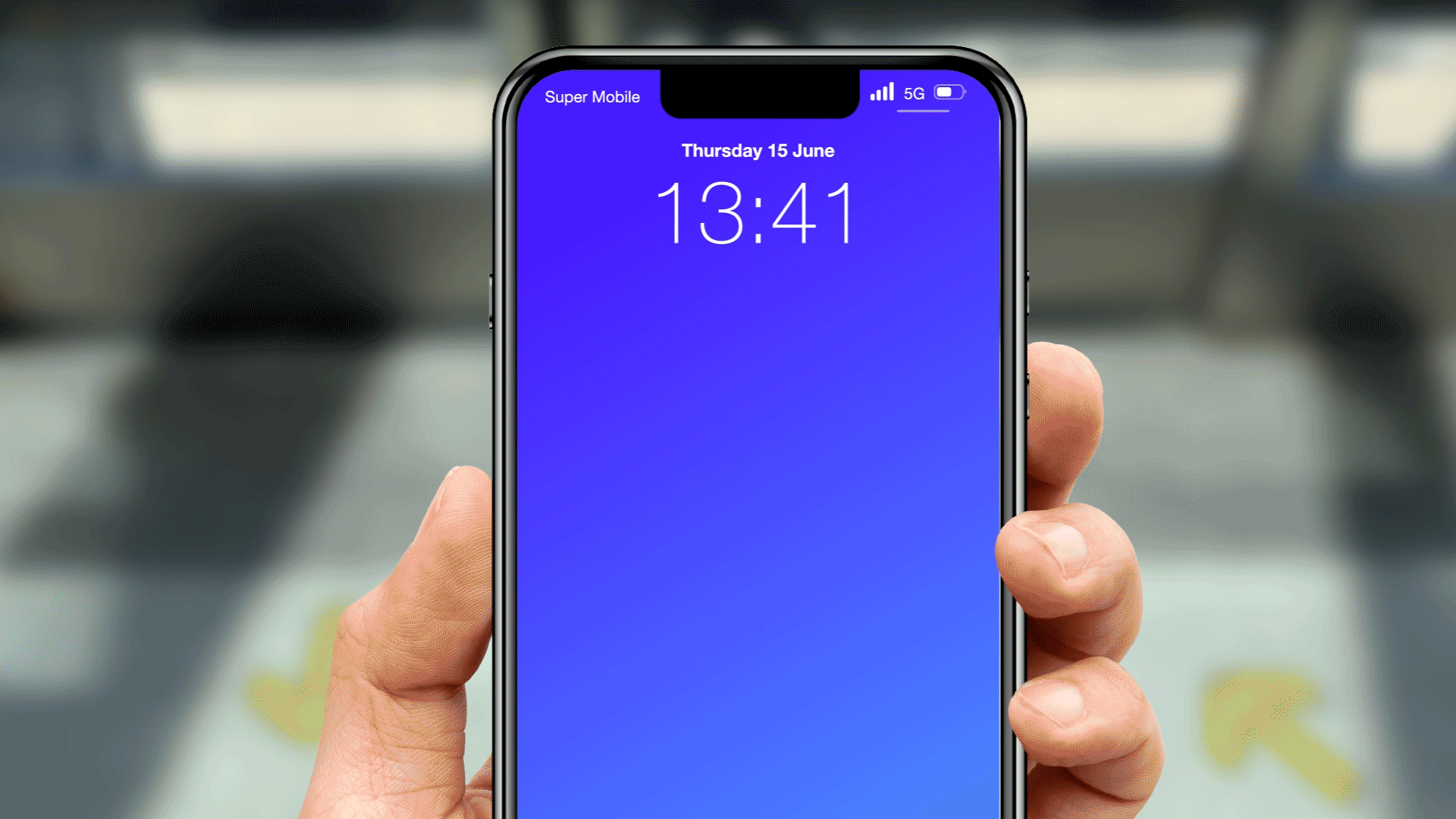
The term Advice of Charge, also known as Advice of Charging (AoC) refers to a message delivered to subscribers of a certain service notifying about charges. Most of us are familiar with the automatic SMS we receive when we land on a different country, detailing roaming rates on calls usage costs. That's an example of Advice of Charge. AOC is a mechanism implemented by telecom service providers, particularly Mobile Network Operators (MNOs), to keep customers informed in real-time or near real-time about the charges they are incurring for specific services. Through timely notifications and detailed usage information, AOC ensures that customers remain well-informed about the cost implications of their telecom activities. It's a legal requirement and introduces transparency and control for customers.
So, why does AOC matter for customers? Let's explore its key benefits. By receiving real-time notifications, customers gain instant visibility into the charges they are accumulating during their telecom usage. This empowers them to monitor and control their spending, avoiding any unexpected bill shocks. Furthermore, AOC provides customers with granular details such as the duration of usage and itemized charges, enabling them to make informed decisions about their usage patterns and identify any discrepancies in billing. With AOC, customers are equipped with the tools they need to take charge of their telecom expenses.
Additionally, AOC promotes billing transparency. Customers appreciate the clarity and itemization of charges, as it allows them to understand the breakdown of their telecom costs. This transparency enhances trust between customers and service providers, fostering a healthy and reliable telecom relationship. Customers can have peace of mind, knowing that they have access to accurate and up-to-date information about their charges.
AoC benefits for operators
Implementing AOC has benefits for Mobile Network Operators (MNOs). By providing customers with clear and timely information about their costs, MNOs can enhance customer satisfaction and loyalty. Customers who feel empowered and in control of their spending are more likely to remain loyal to a service provider that prioritizes their financial well-being. Moreover, AOC enables MNOs to optimize their revenue streams by offering value-added services, customized spending alerts, and tailored cost-saving options. This not only boosts their profitability but also strengthens their position in a competitive telecom landscape.
In regards to whether Advice of Charging is mandatory, the requirements and legal frameworks are various. In some jurisdictions, there might be regulatory obligations imposed on telecom service providers to offer AOC as a means to ensure transparency and consumer protection. These regulations aim to empower customers with information about their telecom expenses and prevent unfair billing practices. However, the specific legal requirements and their applicability can vary, and it is crucial to consult the applicable laws and regulatory authorities to obtain accurate and up-to-date information.
In conclusion, Advice of Charge (AOC) plays a pivotal role in the telecom industry, benefiting both customers and Mobile Network Operators (MNOs). For customers, AOC empowers them to manage their costs intelligently, avoid surprises in their bills, and make informed decisions about their telecom usage. From the MNO perspective, AOC enhances customer satisfaction, fosters loyalty, and maximizes revenue opportunities. By leveraging the power of AOC, customers and MNOs can establish a mutually beneficial telecom ecosystem where transparency, control, and financial well-being take center stage.
With CCS we can monitor when customers transition between roaming zones and proactively provide valuable advice. Picture this: validating APN settings on a user's phone as they cross borders, guiding them to adjust settings in real-time. No more data blackout zones or desperate hunts for WiFi!
But it doesn't stop there. With the right marketing preferences in place, we can even tailor unique Bolt-ons based on users' specific locations, facilitating the calls they're most likely to make.

